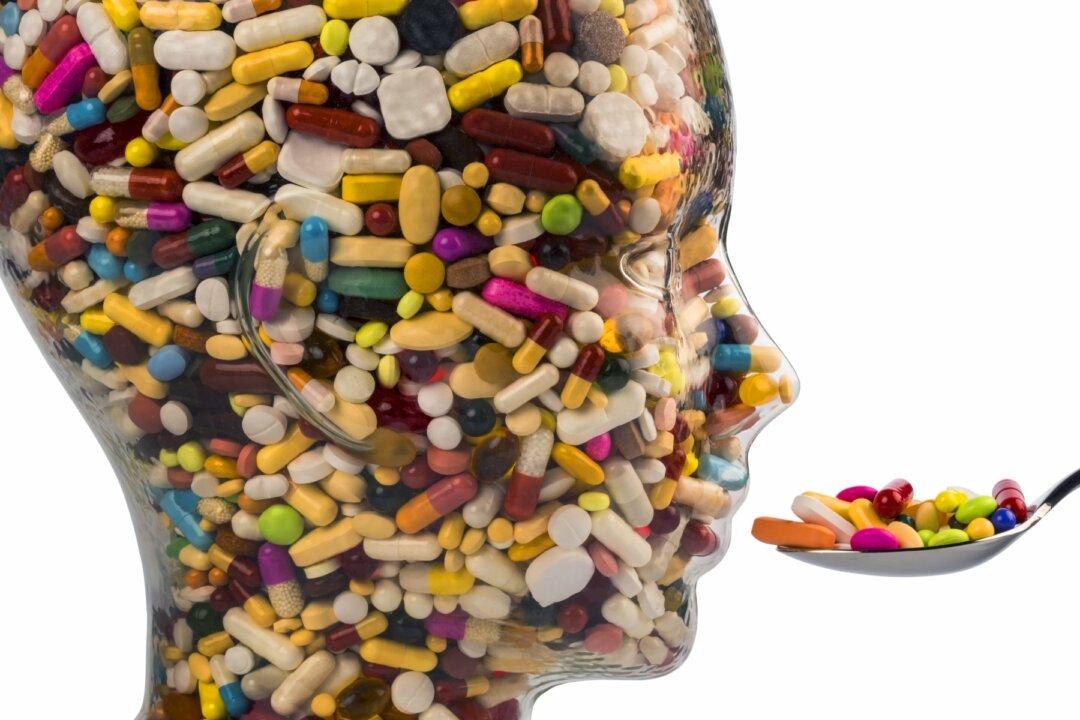Commentary
In a recent STAT article, Dr. Roy Perlis, a professor of psychiatry at Harvard Medical School, argued that selective serotonin reuptake inhibitors (SSRIs), a kind of antidepressant, should be made available at U.S. pharmacies without a prescription.





